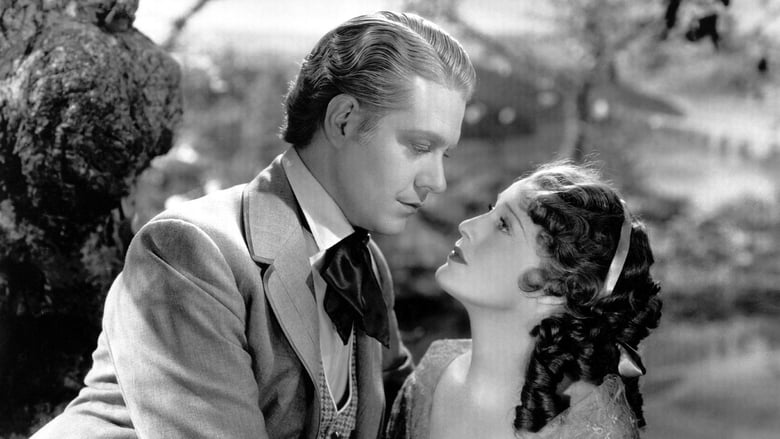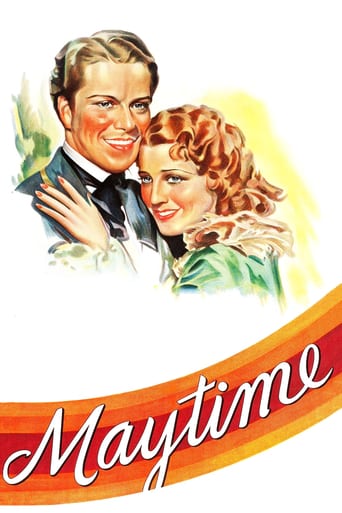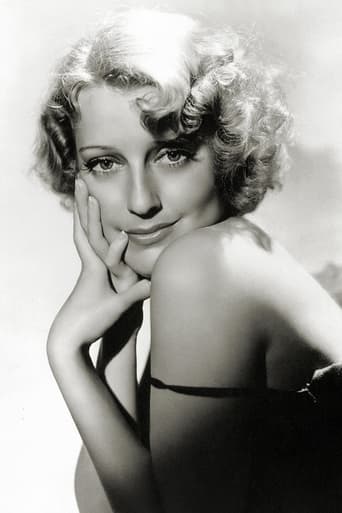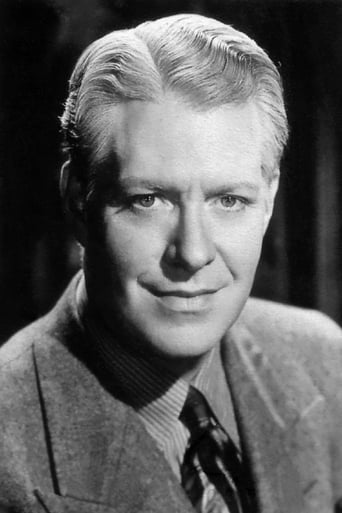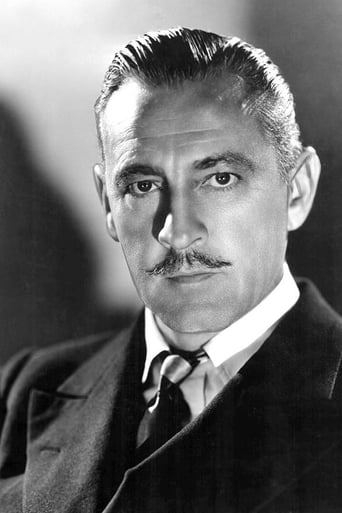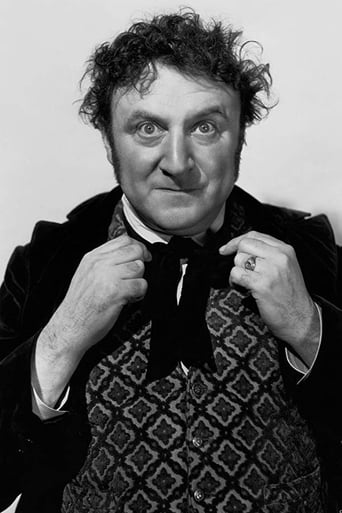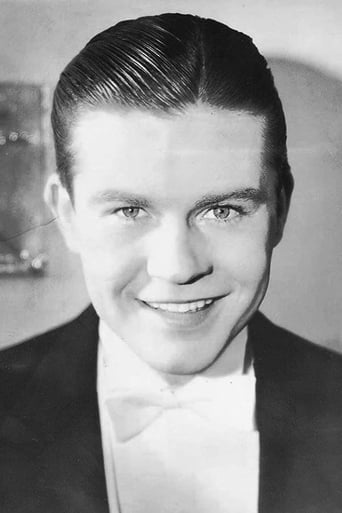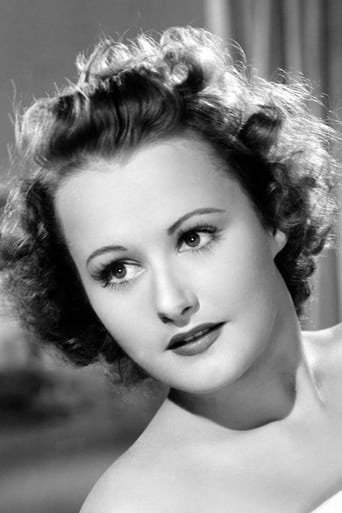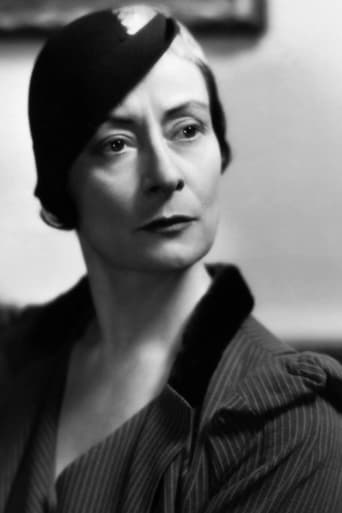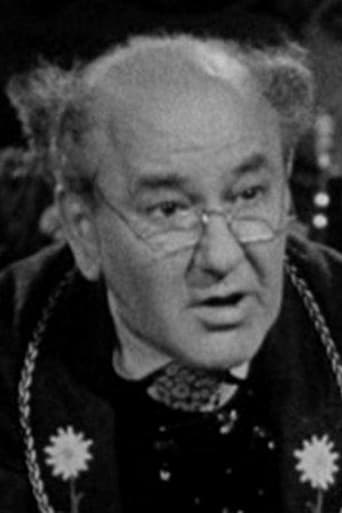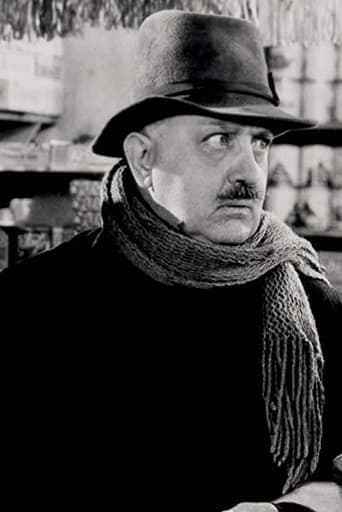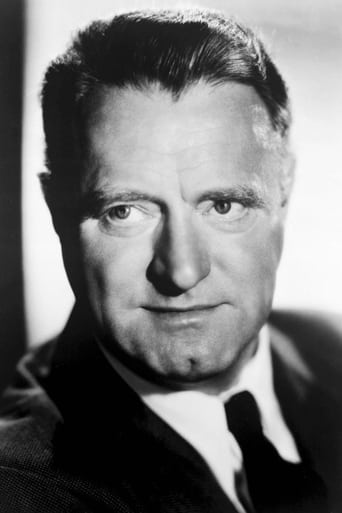An opera star's manager tries to stop her romance with a penniless singer.
Similar titles
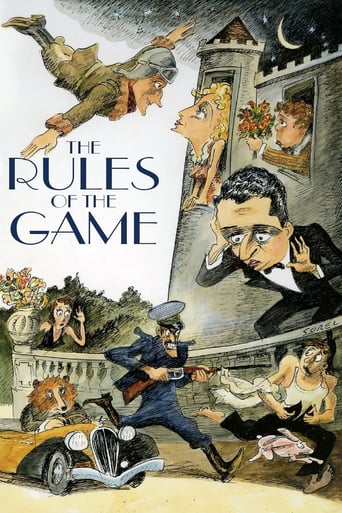



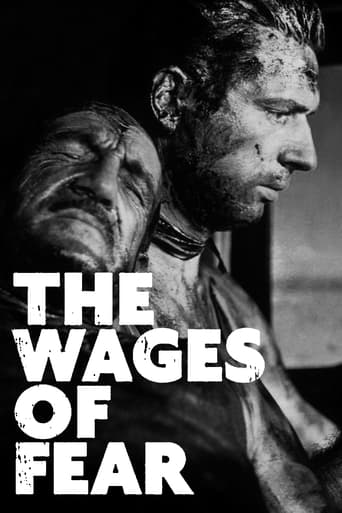




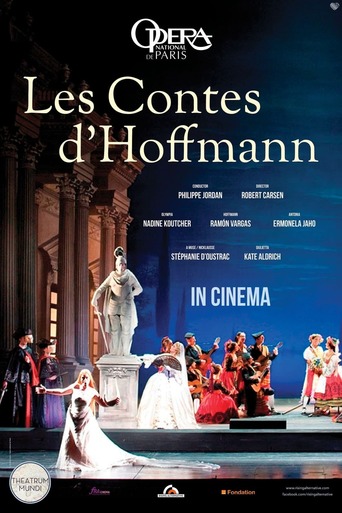
Reviews
I like movies that are aware of what they are selling... without [any] greater aspirations than to make people laugh and that's it.
Wow! What a bizarre film! Unfortunately the few funny moments there were were quite overshadowed by it's completely weird and random vibe throughout.
The film creates a perfect balance between action and depth of basic needs, in the midst of an infertile atmosphere.
The story, direction, characters, and writing/dialogue is akin to taking a tranquilizer shot to the neck, but everything else was so well done.
This film was wonderful. There were a lot of wonderful films throughout the 1930s, 1940s, and early 1950s. Maytime is a sweet and emotional story, and also a very well made out tearjerker. The real tearjerker parts I cannot write here without giving away the ending. The beginning of this film shows an old fashioned innocent world that is long long passed us. Parents with their kids on Mayday with music and dancing around the flagpole. Mayday is another holiday which was much more widely celebrated generations ago. We meet an aging Jeanette MacDonald and a few other characters in the first part of the film which was in the present (1930s), but then we get taken back about 50 years, or to sometime in the late 19th century, to Jeanette's young adulthood as the fiancée of a wealthy aristocratic (John Barrymore). Janette's story is told in the 1930s scene to a nice young woman (Lynn Carver) who just had an argument with her boyfriend. She sits with her in her nice, pleasant back yard under a blossom tree, comforts her and starts telling her story, and we then see the scene change to a fancy ball being held in a royalty style mansion. I loved the music there, the look and feel of that setting with everyone dressed very formally, the men in tuxes and the women in their fancy, wide, floorlength ballgowns. I absolutely love seeing women in these old films in those beautiful, wide, floorlength dresses. It was a more common sight back in older times, in films and in real life. After seeing the beautiful dancing and attires, we then get our first sampling of Jeanette singing in her beautiful opera voice, two wonderful songs in a row at the palace ball. Jeanette's opera was very well received by the other guests at the ball, and by 1930s film viewers in theaters from what I have read. After the singing and dancing, dinner is served in the dining room. Seeing that rich food molded into those fancy shapes that the servants brought out, I'm guessing were fancy casserols made of only the freshest and highest quality ingredients that no one could ever afford back then except the very elite and royalty. As the film progressed we see Jeanette meeting Nelson Eddie, a popular saloon singer, who (can't blame him) strikes a fancy with Jeanette and the two start getting more infatuated with each other and romance blooms. That's the part that's similar in most of the films Jeanette and Eddie are in together, but the two of them always seem so well made for each other. That sweet old fashioned romance and passion was one of the things that made a lot of old films so great, and Janette and Eddie were two of numerous wonderful couples from the Golden Age. Others were Fred Astaire and Ginger Rogers, William Powell and Myrna Loy, Dick Powell and Ruby Keeler, and there were other couples that had that similar wonderful romantic passion together that has become less common today. Since Jeanette is engaged to Barrymore but falling in love with Eddie, a conflict starts up. It is all done very well. Also were the wonderful songs, and Eddie shares Jeanette's opera talent. Herman Bing plays his usual flustered character with his European accent as Eddie's friend. Then we get to the wonderful tear jerker. This film is amazing.
With spring flowers falling outside, what better time to revisit "Maytime" than May itself? Of course, almost 80 years have gone by since Jeanette MacDonald and Nelson Eddy played dress-up and told the haunting story of a love that was doomed from the start. Jeanette MacDonald is now an elderly woman, and she uses her story to warn a young girl similar to herself that the time to take charge of true love is now and not let it pass. Years before, MacDonald was a promising opera star and married her "Svengali" (John Barrymore), but falling in love with the handsome lower class Eddy who sat in the galleries while falling under her spell. They met one night by chance when a restless MacDonald felt compelled to head out on her own to explore a night on the town, and the rest was history. But they are not destined to be together, that is until years later, and in another time and another place.Sigmund Romberg's 1917 operetta had quite a different plot, but for the MGM version, the story that was used along with some of Romberg's music was appropriate for the team of MacDonald and Eddy, now in their third teaming together. It is also their most magnificently filmed, started by Irving Thalberg, and retaining his detail in its lavishness. Spring breezes bring out tons of falling flowers and MacDonald isn't befell by allergies, her voice gorgeous to hear in spite of the fact that sometimes, you can't quite understand all of her lyrics. There's certainly a lot of "schmaltz" (particularly by Herman Bing's overly accented innkeeper who could be confused with "Hogan's Heroes" Sergeant Schultz), but it's all gorgeous and romantic. When Eddy and MacDonald break into "Will You Remember?", it is a duet which outshines both "Ah Sweet Mystery of Life" and "Indian Love Call", their previous hits from "Naughty Marietta" and "Rose Marie".The pathos here are obvious, and you will certainly need a handkerchief. The flashback theme has been used in many similar stories, but in this case, this one remains at the top of the list of the best. Rafaela Ottiano shines as the devoted companion, there with MacDonald from the beginning to the end, and there's no villainy in Barrymore's character who is noble even if he feels he must resort to desperate measures to hold on to his pride. Of course, the later MacDonald/Eddy operetta, "Bitter Sweet", utilized a similar plot twist in keeping the lovers apart, but George Sanders' villain in that film was one dimensional and really had no other motivation but being evil to guide his vow of revenge.Directed with flair by W.S. Van Dyke, "Maytime" is an exquisite feast, a banquet of flowers and romance mixed together with song. MacDonald and Eddy would carry on for another five years on screen, but they would never top this triumph. For another gorgeous rendition of "Will You Remember?" (included with "The Road to Paradise"), check out "Deep in My Heart" where Vic Damone and Jane Powell take it on the way it may have looked with the original storyline setting in 1917.
This is a sweet movie. Color would have been way better, no matter all the reasons it first was supposed to be made in color then scrapped for economic reasons. It was started over in black and white.A bad message for women is to drop your career aspirations for a man. If the man dumps you or you dump him later, your career was an unexplored fantasy. When you are a drudge cleaning his toilets or raising his progeny, your hoped-for "what you wanted to be when you grew up" was all for naught. A man would not have been expected to give up his career for a woman. Barbara should have been told by Mornay/Morrison to pursue her career; perhaps Kip could have accompanied her on her travels -- if he really loved her, that is.Nelson and Jeanette great singers, as usual. The story was very sweet, if a tad villainous with the seedy-appearing (the Great) John Barrymore. The two composers did a nice job. Bing was buffoonish, yes, but his character had great faith in Nelson.Did Nicolai go to prison for the murder? Did he really give Jeanette her freedom? Did he commit suicide? At any rate, it looked like she would have to pay the rest of her life for her attraction to Nelson. Was there more than just kissing between Paul and Marcia? Did Marcia get pregnant and have to have an abortion like the star in real life? Apparently Nicolai was impotent. Marriage to him must have been like a prison term.
It's fascinating to read in all the well justified praise (and occasional cavil) lavished on the glorious hodge-podge that is MAYTIME, not one word of the great feature film debut at MGM which the film also represented.Since MAYTIME - first filmed in 1923 in a version more faithful to the original but as a "silent" film, lacking ALL of the original music - was contractually obligated to ONLY credit music to the great Sigmund Romberg (whose original show it had been when it opened on Broadway on August 16, 1917, to play for a then astounding 492 performances with songs the studio did not want to use like "Jump, Jim Crow"), the studio called in their youngest contracted composer/lyricists (then only 21 and earning a mere - but lordly during the Depression - $200 a week), Bob Wright and George (Chet) Forrest, who would be willing to do virtually the entire score (not allowed to actually compose, but adapting public domain material under chief studio composer - and early Oscar Hammerstein collaborator - Herbert Stothart's supervision). Wright and Forrest were relegated to billing only for "Special Lyrics by..." (and not even acknowledged for THAT by the IMDb, although the credits are there on the screen!). The film's "Best Score" Oscar nomination didn't even go to Romberg or supervising composer Stothart, but to Nat W. Finston, the head of the studio's Music Division!It was years before "The Boys" would break into the public consciousness with stage adaptations of their own like SONG OF NORWAY and KISMET, and their own (always their first choice) original music for shows like KEAN and GRAND HOTEL, but the result on MAYTIME (including their faux Russian opera for the film, drawn from Tschaikowsky's 5th Symphony, translated from their original English into French by another poet not credited by IBDB - in a talk at the New York Sheet Music Society in 1989, Bob Wright said it was U.S. Sigey, but the screen credits say Gilles Guilbert) was a triumph of craft and carefully catering to the strengths of the stars who they were writing for. Witness in particular a couple numbers ("Song of The Carriage" and a number where Eddy proposes to prepare a ham and egg breakfast for MacDonald) crafted for the limited acting range of Nelson Eddy, giving him something to DO while he sang! LOTS of great Broadway names worked under almost forgotten under-billed capacities (Larry Hart of Rodgers & Hart fame did lyrics for the Maurice Chevalier MERRY WIDOW!), but Wright & Forrest were among the most prolific and best, and MAYTIME was their first major film "credit." It's only a pity (given the high quality of their few surviving original scores) that in the ways of Hollywood, MAYTIME also "typecast" them into adapting other composers' works for the bulk of their careers.
Top Streaming Movies











